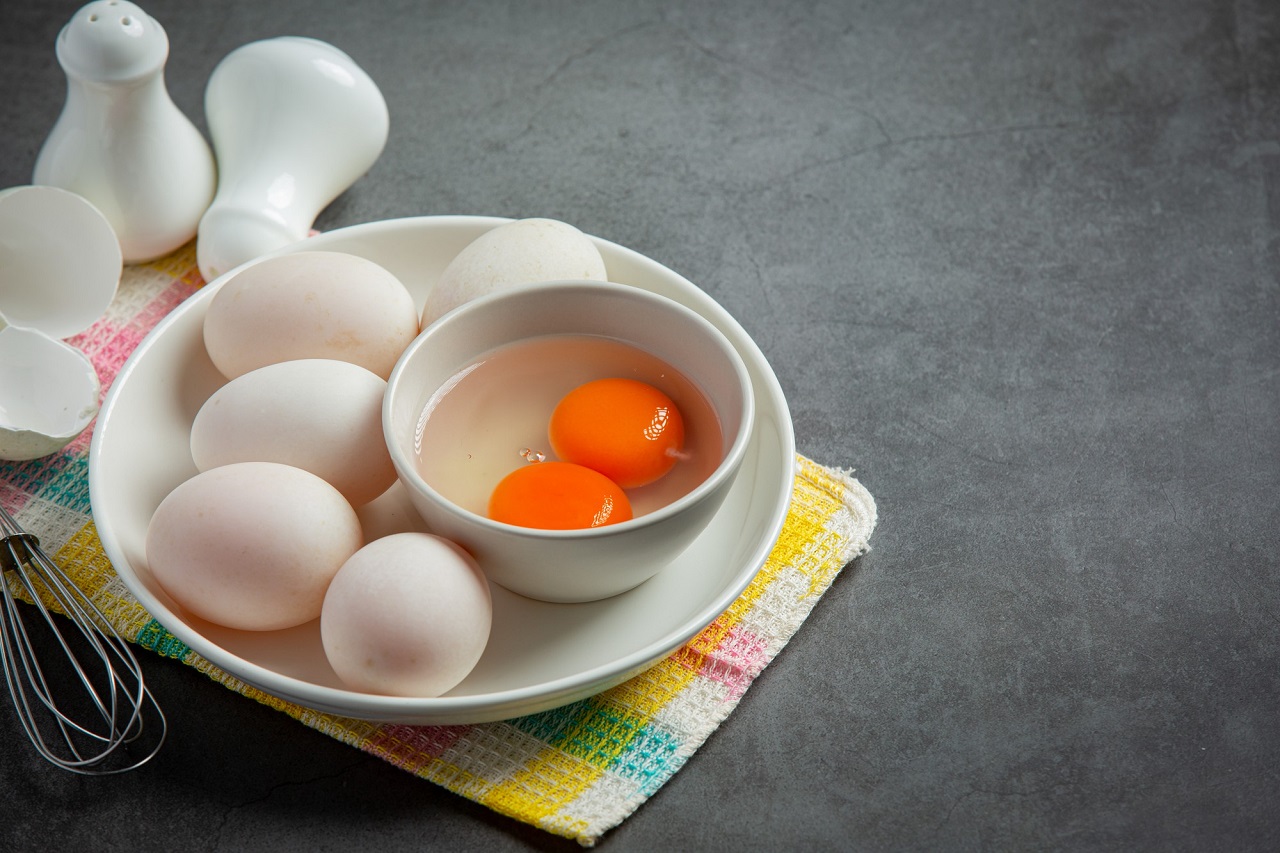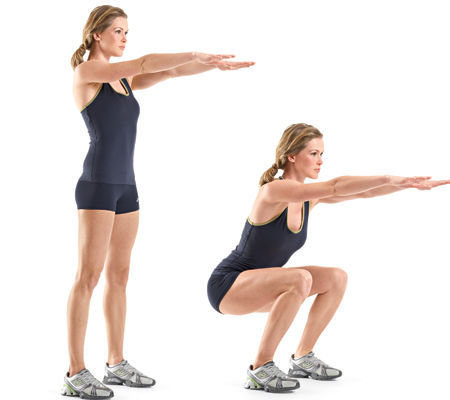 Eggs are the easiest and fastest to cook. Not to mention, they’re one of the most favorite meals! Almost all of us savor eggs in various preparations such as an omelette, boiled eggs, poached eggs, fried eggs, scrambled eggs, egg curry, egg sandwich, and many more.
Eggs are the easiest and fastest to cook. Not to mention, they’re one of the most favorite meals! Almost all of us savor eggs in various preparations such as an omelette, boiled eggs, poached eggs, fried eggs, scrambled eggs, egg curry, egg sandwich, and many more.
Eggs basically have three parts- the outer shell, the inner 2 parts, namely the white albumin and the yolk. Among these three, the outer shell is what we discard and the inner white and yolk is what we consume. But, many of us are still not open to consuming egg yolks. We believe that it is very high in fat and cholesterol and hence, bad for health. But, what we fail to understand is, its immense nutritional power.
Egg Yolk versus Egg Whites
|
Nutrient |
White | Yolk | % Total in White |
% Total in Yolk |
|
Protein |
3.6 g |
2.7g | 57% | 43% |
| Fat | 0.05g | 4.5g | 1% |
99% |
|
Calcium |
2.3 mg | 21.9 mg | 9.5% | 90.5% |
|
Magnesium |
3.6 mg | 0.85 mg | 80.8% |
19.2% |
| Iron | 0.03 mg | 0.4 mg | 6.2% |
93.8% |
|
Phosphorus |
5 mg | 66.3 mg | 7% | 93% |
| Potassium | 53.8 mg | 18.5 mg | 74.4% |
25.6% |
|
Sodium |
54.8 mg | 8.2 mg | 87% | 13% |
|
Zinc |
0.01 mg | 0.4 mg | 0.2% |
99.8% |
| Copper | 0.008 mg | 0.013 mg | 38% |
62% |
|
Manganese |
0.004 mg | 0.009 mg | 30.8% |
69.2% |
|
Selenium |
6.6 mcg | 9.5 mcg | 41% |
59% |
|
Thiamin |
0.01 mg | 0.03 mg | 3.2% |
96.8% |
|
Riboflavin |
0.145 mg | 0.09 mg | 61.7% | 48.3% |
| Niacin | 0.035 mg | 0.004 mg | 89.7% |
9.3% |
|
Pantothenicacid |
0.63 mg | 0.51 mg | 11% | 89% |
| B6 | 0.002 mg | 0.059 mg | 3.3% |
96.7% |
|
Folate |
1.3 mcg | 24.8 mcg | 5% | 95% |
|
B12 |
0.03 mcg | 0.331 mcg | 8.3% | 91.7% |
| Vitamin A | 0 IU | 245 IU | 0% |
100% |
| Vitamin E | 0 mg | 0.684 mg | 0% |
100% |
|
Vitamin D |
0 IU | 18.3 IU | 0% | 100% |
| Vitamin K | 0 IU | 0.119 IU | 0% |
100% |
|
DHA and AA |
0 | 94 mg | 0% | 100% |
| Carotenoids | 0 mcg | 21 mcg | 0% |
100% |
Nutritional Benefits Of The Egg Yolk
From the above table, it is evident that the egg yolk has higher amount of nutrients compared to the egg white. Egg yolks contain vitamins like A, D, E, K, B6, Folate, B12. Among these, vitamins A, D, E, K are found only in egg yolks and not in egg whites. Egg yolks are among those very few foods that naturally contain good vitamin D content.
Egg yolks have good amount of carotenoids; lutein and zeaxanthin. Carotenoids are colourful pigments that give the egg yolk its yellow colour. These carotenoids are known to act as antioxidants that protect different parts of the eyes from free radicals, thus preventing age-related macular degeneration to set in.
Egg yolks and egg whites, respectively, contain 13 types of minerals. These minerals include calcium, magnesium, iron, potassium, sodium and selenium. The proportion of all these minerals is more in the egg yolks compared to the egg whites.
Nutrients in egg yolks, such as Choline, help in regulating cardiovascular function. Now, coming to the most dreaded feature of the egg yolk-fats and cholesterol! But, it’s not at all as bad as we think.
Egg yolks contain what we call as Essential Fatty Acids (EFA) in the form of DHA and Arachidonic acid. Omega 3 fatty acids like DHA are required in the body for the proper functioning of the brain and retina of the eyes. Omega 6 fatty acids like Arachidonic acid, are needed for healthy skin, hair, libido, reproduction, growth and response to injury. These Essential fats are also needed in the body for protecting the functioning of the nervous system.
The Cholesterol Issue
We confuse dietary cholesterol with cholesterol in the blood stream. In fact, high levels of LDL (the major carrier of cholesterol), can be the cause of certain heart diseases. Bottom line is that it is perfectly safe to have your favorite egg yolks without thinking about suffering a heart attack. It is found that, low-carbohydrate diet filled with saturated fats is actually more responsible for increasing blood cholesterol and causing cardiovascular problems. But, yes. Egg yolks are high on fats and cholesterol so, they are better had in a limit in daily diet. 1-2 whole eggs per day are the safe limit to have eggs on a daily basis, without worrying about heart diseases.
We hope that this article on egg yolks helps you enjoy your eggs whole, and any way you like it. For more on nutrition, check out Healthy Reads. For further clarity or information, you can speak to an expert by subscribing for GOQii’s Personalised Health Coaching here: https://goqiiapp.page.link/bsr
#BeTheForce






